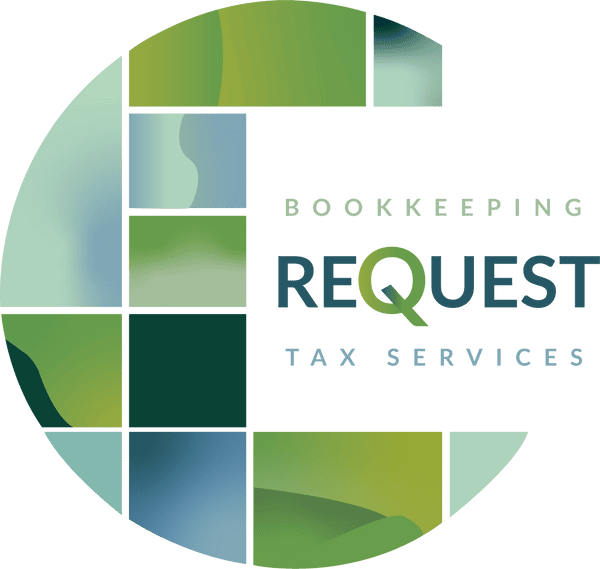Finding the right financial advisor can feel overwhelming, but understanding your needs and evaluating your options makes the process easier. This guide covers identifying your financial goals, understanding what advisors do, and recognizing potential red flags. Whether you’re looking for tax preparation services or financial planning for small businesses, this blog will help you make a confident choice.
Identifying Your Financial Needs
Before you begin your search, take time to reflect on your goals. Are you looking for help with tax preparation services, retirement planning, or investment strategies? Maybe you’re a small business owner needing financial planning for payroll and bookkeeping. Clarifying your needs will guide you toward the right expert.
Understanding the Role of a Financial Advisor
A financial advisor provides guidance tailored to your goals. They can assist with budgeting, investment management, and tax planning. Some specialize in financial advisory services for individuals, while others cater to small businesses. Understanding their scope of expertise helps you align your expectations.
Evaluating Fee Structures
Advisors typically charge in one of three ways:
- Fee-only: A straightforward charge based on services provided.
- Commission-based: Payment comes from products they sell, such as insurance or mutual funds.
- Fee-based: A combination of fees and commissions.
If you’re looking for tax preparation tips or help with bookkeeping and financial consulting, fee-only advisors might offer the transparency you prefer.
Find and Research Potential Financial Advisors
Start by seeking recommendations from trusted friends or colleagues. You can also check professional associations like the Certified Financial Planner Board or search online directories. Be sure to explore their credentials and areas of specialization—for instance, whether they provide financial planning for small businesses or general advisory services.
Assessing Compatibility and Trustworthiness
Once you have a shortlist, arrange consultations. Look for someone who listens carefully and explains concepts clearly. Trust and compatibility are key. For example, if you’re a business owner seeking payroll solutions, ensure the advisor understands your industry’s unique challenges.
Red Flags for Financial Advisors and Firms
Stay vigilant for warning signs:
- Promises of guaranteed returns.
- Pressure to act quickly on investments.
- Lack of credentials or transparency about fees.
Whether you’re seeking bookkeeping and financial consulting or investment advice, choosing someone reputable and qualified is non-negotiable.
Finalizing Your Partnership
Once you’ve found an advisor you trust, discuss the details of your working relationship. Outline your goals, expectations, and how often you’ll meet to review progress. A good advisor will welcome collaboration and prioritize your financial well-being.
Call to Action
The right financial advisor can make managing your finances simpler and less stressful. For reliable guidance in tax preparation services, financial planning, and more, visit ReQuest Services. Their expert team is ready to help you achieve your financial goals




